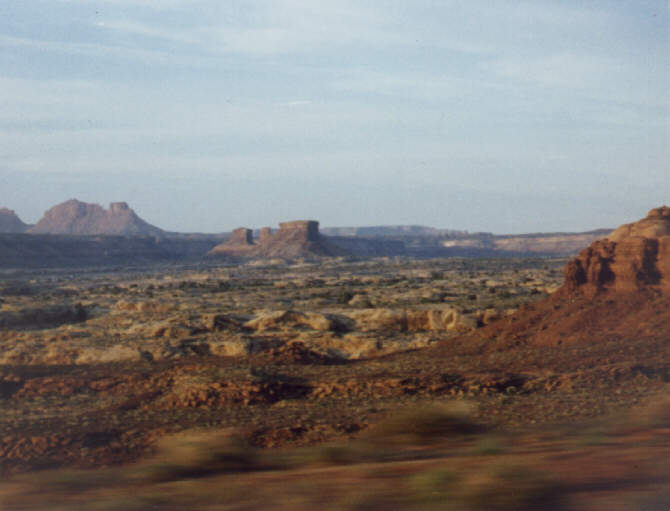By Brenda Norrell
Klee Benally, Navajo, points out that the US puppet governments are continuing to appease the United States and corporations.
"I would expect this type of declaration from totalitarian government dictators, not those who are democratically elected leaders of Tribal Nations. Considering the history of colonization and BIA established puppet governments on Native American lands, Shirley's statement is not surprising.
"Attempting to silence the voice and limit the rights of Dine' people to protect their life, land and liberty is not sovereignty, it is in the direction of totalitarianism."
Benally points out that Shirley uses the catch word "sovereignty" to defend his stance against anything Shirley disagrees with. Benally said, "Does sovereignty really mean being dependent on non-renewable energy that destroys Mother Earth, pollutes drinking water and air and compromises our holy covenant with nature? Does it mean being dependent on casinos and outside corporate interests?"
The same thing happened with the battle over Big Mountain. Then the US government tried to divide the tribes' Joint Use Area between the Hopi and the Navajo. Representing the tribe, the Hopi tribal council said the Big Mountain area was part of the traditional Hopi homeland.
Klee Benally, Brenda Norrell, and their ilk responded that the Hopi tribal council was a "puppet government." Never mind that the Hopi had been saying the land belonged to them for generations. Eventually Benally and company abandoned the argument--presumably because castigating the Hopi government didn't affect the Hopi's love of their land.
Any time activists try to demonize a tribal government by calling it a "puppet government," beware. It suggests they're resorting to propaganda tactics because they can't win the debate on its merits.
For more on the subject, see Navajo vs. Environmentalists and Hopi vs. Environmentalists.
Below: The Big Mountain area.


2 comments:
There is a difference between the tribal councils installed by the US government, and the traditional governments. The traditional Hopi Sinom never authorized or recognized the US installed Hopi Tribal Council, according to my interview with Dan Evehema, at his home on Hopiland, when he was 104 years old. The Navajo Nation Council is not the traditional government of the Navajo people. According to its own history, the Navajo Nation Council was created for the purpose of signing energy leases. --Brenda Norrell
You mean the tribal councils "installed" by the US government in 1934 and voted for by the Hopi people in free elections ever since? Does that mean Vernon Masayesva, who now stands with the traditionalists and environments, wasn't a legitimate tribal chairman? Did the US and Peabody "elect" him too so he could pretend to fight them while he was in office?
Dan Evehema wasn't and isn't the sole representative of the Hopi traditionalists. And he's been dead for, what, a couple decades? Unless the traditionalists participate in a vote or a poll, no one can say with any certainty what they believe.
Yes, I know there's a difference between the elected tribal government and the traditional village governments. I also know there's a difference between the elected tribal government and the US government. And between the traditional village governments and media-friendly spokespersons such as Vernon Masayesva.
In short, there are many parties involved here. It's not simply good councils vs. bad environmentalists (the MSM version) or bad councils vs. good environmentalists (the alternative version). It's more complex than that.
Post a Comment